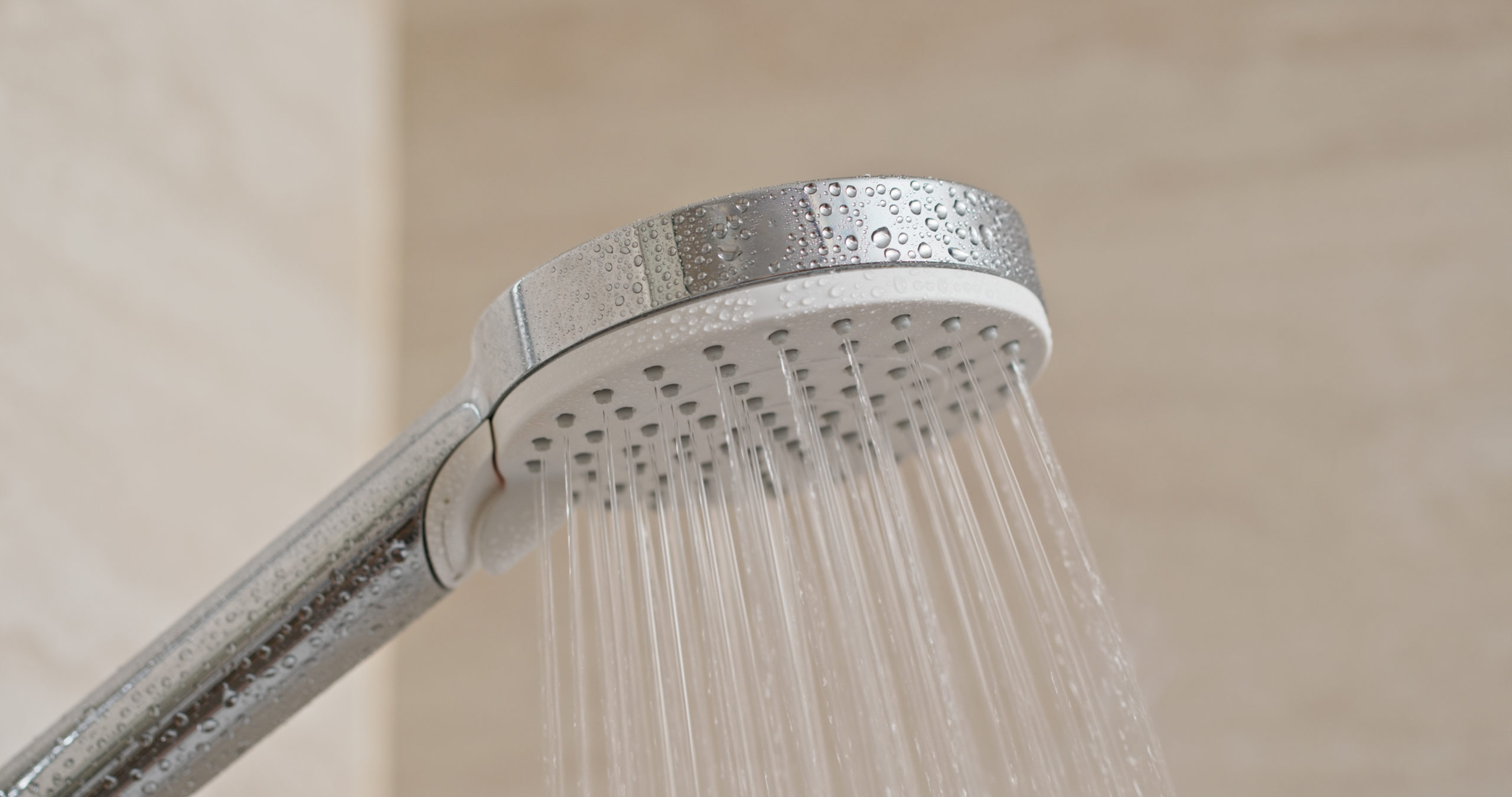
Four days ago, a third resident of UAW Senior Citizens Center in Pekin recently contracted Legionnaires’ Disease. Just within the last two months, a man in his 70s died from the disease and a woman recovered but was hospitalized. Tazewell County Health Department’s communications manager said that the Illinois Department of Public Health is working with the building management to mitigate the water issues. There have been 8 cases of diagnosed Legionnaires’ Disease in Tazewell, though the TCHD’s communications managers says the other five cases are unrelated to the UAW outbreak. On September 10, the TCHD issued a public health…

